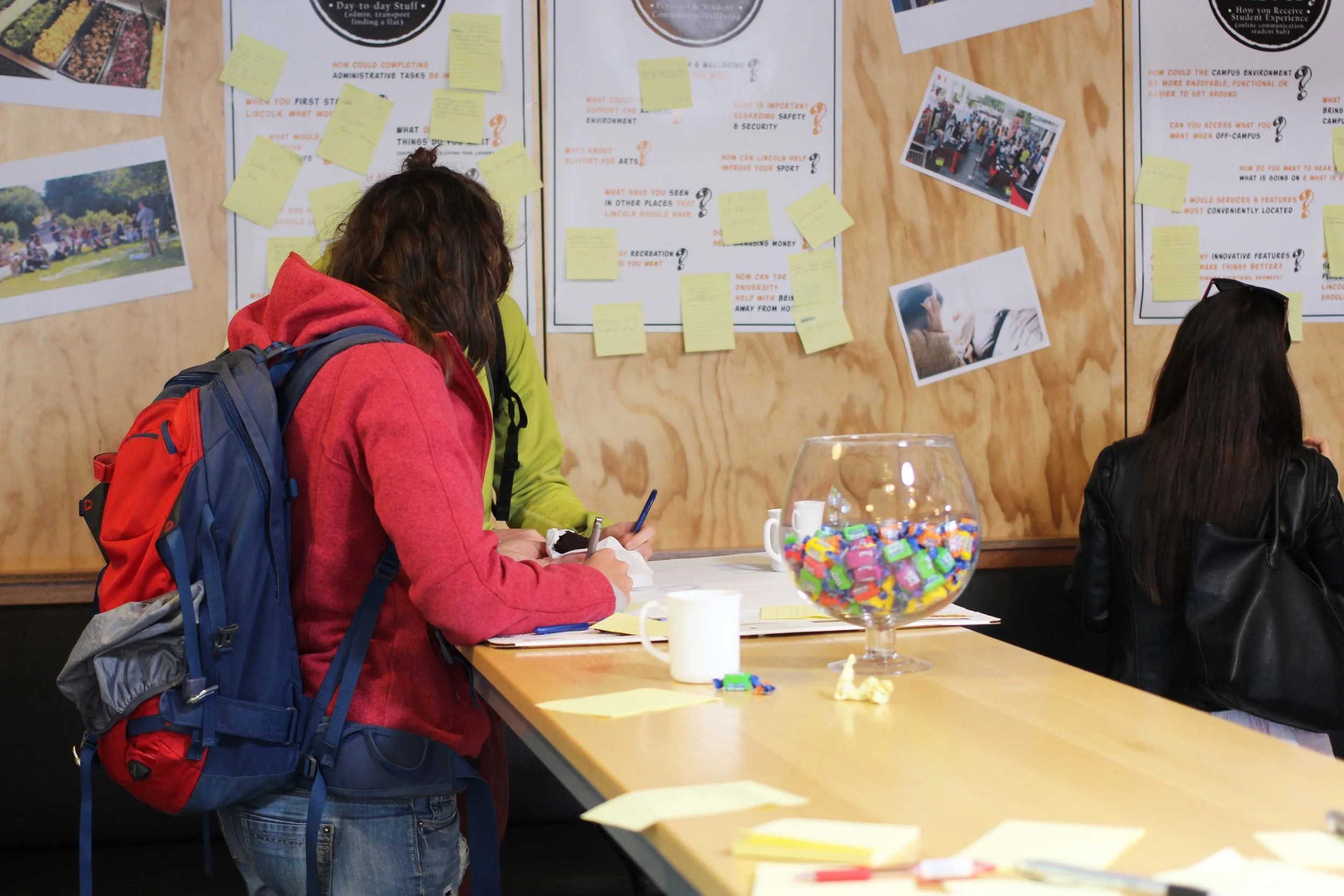Planning for Growth builds on the goals from Our City Tomorrow — Wellington’s Ten Year Plan — and includes a review of the Wellington Urban Growth Plan, as well as the District Plan — both of which impact and shape Wellington's urban environment.
In the next 30 years, Wellington is projected to become home to 50,000 to 80,000 more people. That will have a big impact on the city — not just on where people live, but how they live. Wellingtonians had their say via an online survey on the pros and cons of four growth scenarios proposed to accommodate anticipated population growth.




















